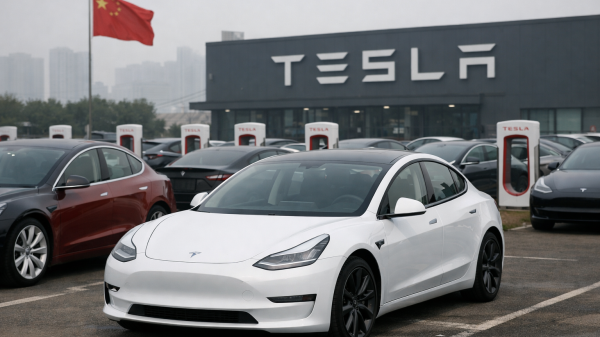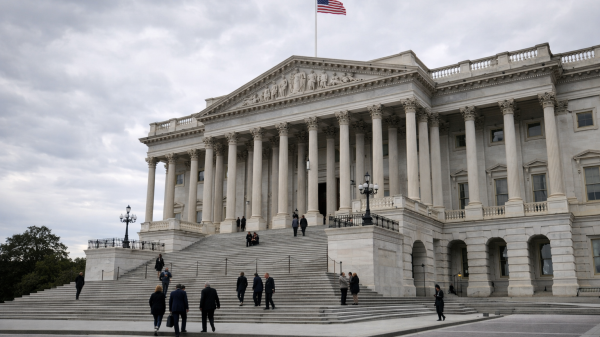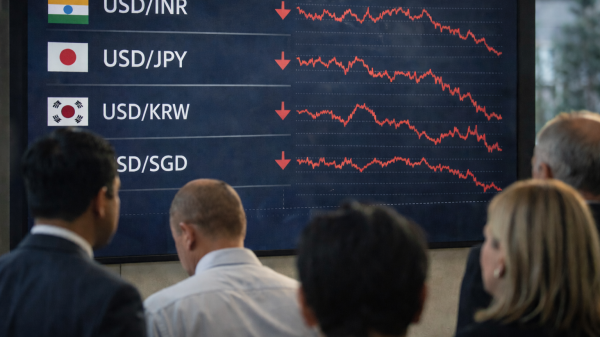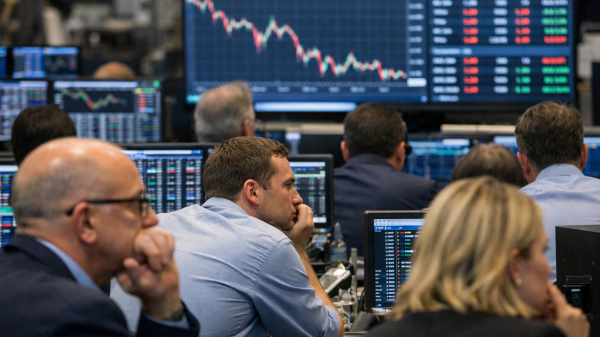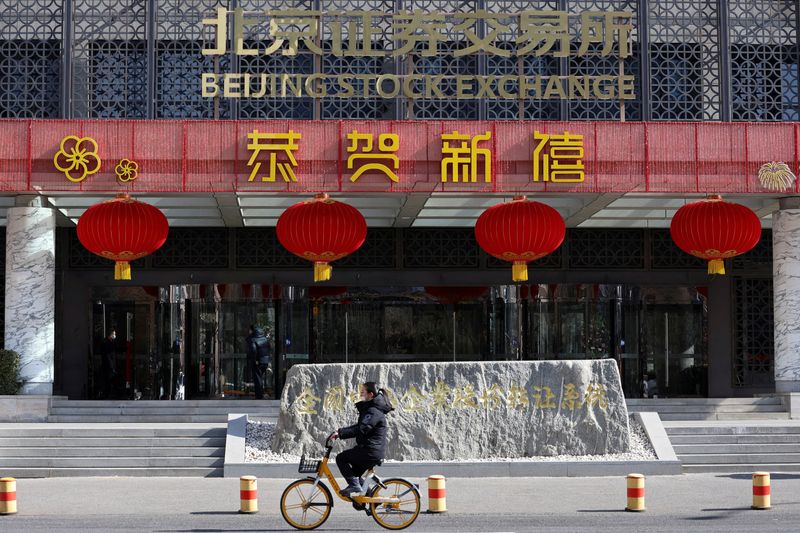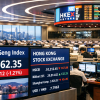By Gaurav Dogra
(Reuters) – Asian equities, excluding China, witnessed sharp foreign outflows in October, as investors wary of the U.S. presidential election outcome reacted to concerns over weaker-than-expected corporate earnings, overvalued stocks and rising bond yields.
According to LSEG data, foreigners offloaded a robust $15.38 billion worth of stocks in India, South Korea, Thailand, Taiwan, Indonesia, Vietnam and the Philippines, registering their largest monthly net sales since June 2022.
High-performing Indian stocks led regional outflows with a $11.2 billion withdrawal, amid concerns over subdued corporate earnings and a shift in investor preference towards Chinese shares following Beijing’s stimulus announcement.
“Markets have become conditioned to high earnings growth in India as EPS (earnings per share) grew at an annualised rate of 25% over the last three years. But the growth seems to be losing momentum,” said Prerna Garg, an equity strategist at HSBC.
“This has coincided with the raft of policy announcements in mainland China that has shifted the investors’ sentiment on the market.”
Disappointing third-quarter results also prompted investors to scale back their exposure to Asian equities, with approximately 57% of large and mid-cap Asia-Pacific companies failing to meet consensus net income estimates, according to LSEG data.
South Korean stocks faced foreign outflows for the third consecutive month with a $3.4 billion withdrawal, while Thai, Indonesian and Vietnamese stocks saw combined outflows of $2.1 billion; conversely, Taiwan and the Philippines drew $1.22 billion and $106 million in foreign investments, respectively.
Asian equities were mixed on Thursday, as markets weighed the potential implications of Donald Trump’s resounding victory on policies such as tariffs, alongside upcoming monetary policy decisions from the U.S. Federal Reserve and other central banks.
“Ahead, near-term equity flows into Asia may still be limited,” said Yeap Jun Rong, market strategist at IG.
“While we now have more policy clarity around the US elections, which should support the risk environment, investors may have some reservations over the extent of trade tariffs that a Trump presidency may bring, given the high sensitivity of the region’s economy to global trade,” Yeap added.







